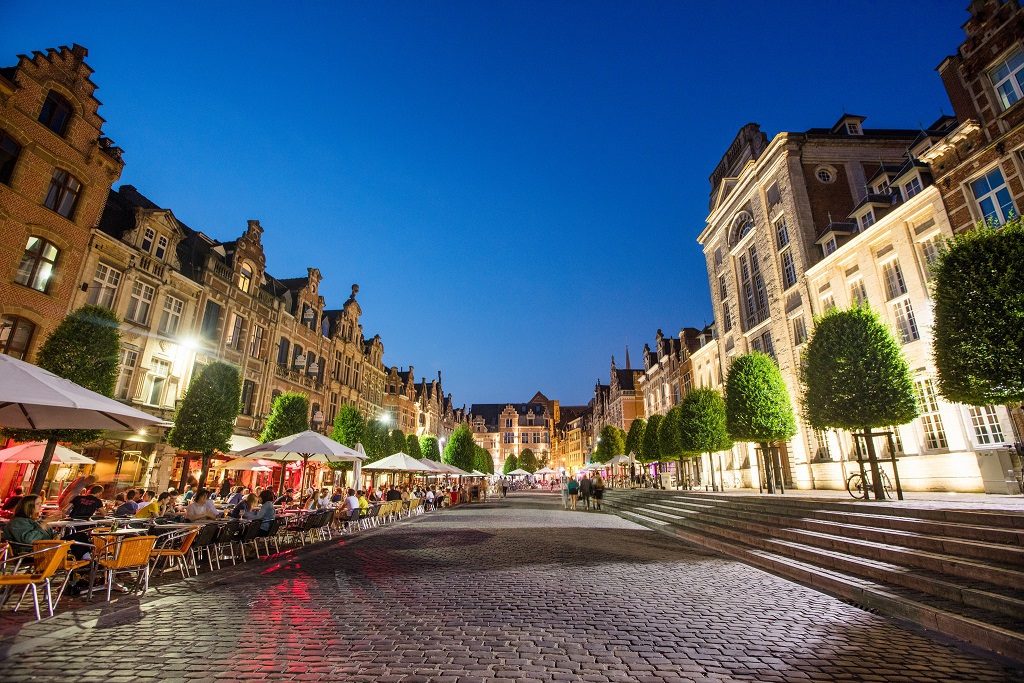Almost four in ten students in Belgium drink more than recommended, according to a study carried out by the university of Leuven, among its own students. The figure of 37% is a major increase on the 26% recorded five years ago. The study, which has been taken by 2,700 students since it was initiated in the 2012-2013 academic year, looks at the number of units of alcohol consumed, the effects it has, such as black-out, and any consequences, such as fighting or drink-driving.
The study also found that excessive alcohol consumption has not only an immediate effect, but also works in the longer term. Students who drank too much also scored an average of 11% lower in their exam grades.
“Alcohol has a major impact on the lives of problem drinkers,” said Ronny Bruffaerts of the university’s psychiatric centre. “Their psychological health suffers, they sleep badly, create nuisance problems in their surroundings, come less often to classes and so on. And it has consequences for their average marks, which are 11% lower for problem drinkers.”
If there is one cause for the increase in problem drinking, he said, it is the growing normalisation of drunkenness among young people, with the phenomena of pre-drinking – consuming alcohol at home in preparation for going out to consumer more – and binge-drinking, where a week’s worth of alcohol is consumed in one evening.
For the time being, the problem is not translating into an increase in full-blown alcoholism, which in previous years has been running at 2% to 5%. Some local authorities, including the city of Leuven with the backing of AB InBev Foundation, are creating programmes to warn young people of the dangers of what may seem to be an innocent social activity. The programme aims to reduce the number of problem drinkers among students by 10% over ten years.
Alan Hope
The Brussels Times

